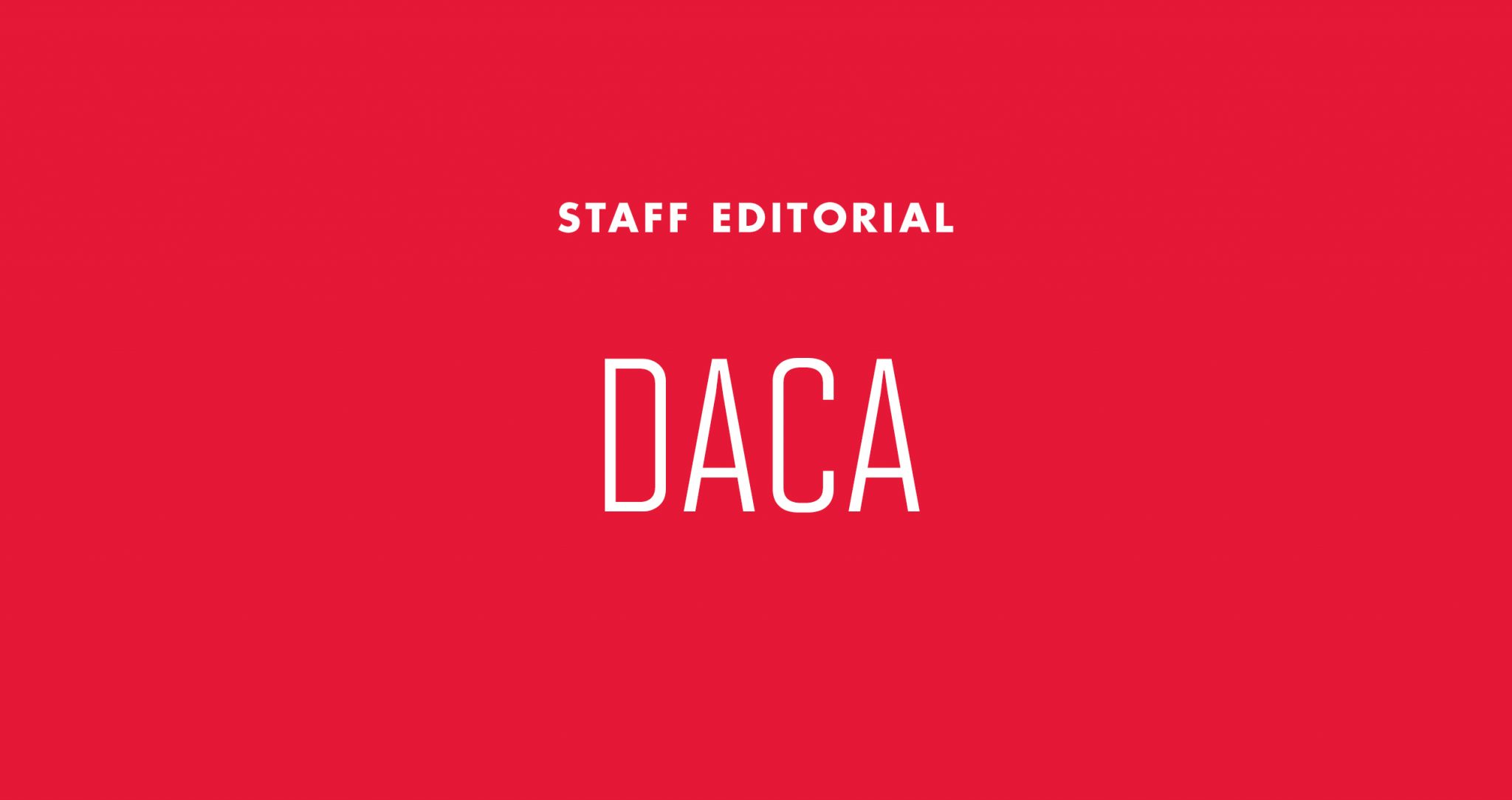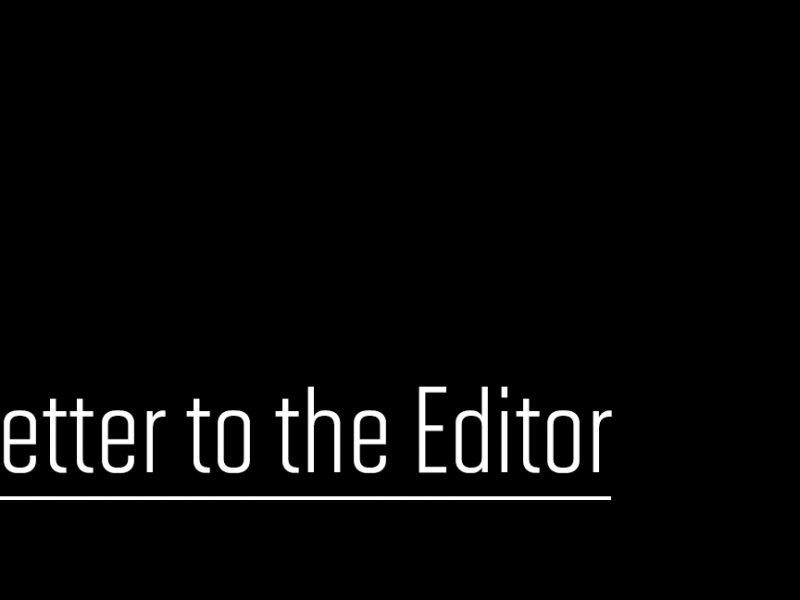On June 18, the Supreme Court ruled against the Trump administration’s move to end the Deferred Action for Childhood Arrivals program. It was a narrow decision based on procedure: Five justices found fault in the administration’s legal reason for attempting to end the program, which grants recipients work authorization and protection from deportation. Chief Justice John Roberts’ majority opinion stated that while the reason for rescinding the program may have been faulty, a presidential administration may still rescind it — which would leave over 640,000 DACA recipients without protection.
The same day, University of Maryland President Wallace Loh penned a letter to the campus community, citing the DACA decision — and the Supreme Court’s earlier decision to prohibit employment discrimination based on sexual orientation and gender identity — as steps forward for “democracy, equality, and justice for all in America.”
It’s a noble sentiment and one this editorial board agrees with wholeheartedly — DACA recipients deserve the same right to live and work in this country as anyone else. But Loh’s words about concrete steps to protect them (“What can secure their future is action by Congress”) ring hollow, given this university’s tepid inaction to actually protect them.
In 2017, in response to ProtectUMD’s demand for the university to become a sanctuary campus, Loh called such a designation “unnecessary.” The administration largely side-stepped the issue, saying Prince George’s County was already a sanctuary county and marginalized groups’ concerns and this university’s “institutional values” would be taken seriously.
Yet this university has an active contract with Immigration and Customs Enforcement, the agency at the center of the Trump administration’s hardline immigration stance. Exposed in November 2018, the contract has this university’s National Consortium for the Study of Terrorism and Responses to Terrorism giving “cultural competency and counterterrorism” training to ICE’s Homeland Security Investigations division.
This university can’t invest in the system that jeopardizes the lives and liberty of its own students while simultaneously claiming it cares about them. In 2018, students marched to demand the university terminate its contract with ICE; this editorial board called for the same. Yet, the university did nothing: The contract is set to expire in 2022, as originally planned.
And Loh’s latest email about DACA comes after the university, forced into a hiring freeze by the COVID-19 pandemic, announced that the undocumented student coordinator position will remain vacant in the coming academic year. (Since the original publication of this editorial, Stamp Student Union Director Marsha Guenzler-Stevens has indicated plans to fill the position sooner than previously thought.) The announcement came after years of student efforts to make the position, which was created in 2017, permanent — only to have the administration attempt to change its description to include first-generation and transfer students.
This university constantly fails to live up to its values, with a clear mismatch between its public statements and its actions. But its threefold missteps on immigration — passing on sanctuary campus designation, actively working with ICE, and drawing out a decision to make undocumented student support permanent — are particularly disappointing given the fact that the 120 student DACA recipients at this university are uniquely marginalized. Given that these students are more likely to be essential workers or unable to receive federal financial COVID-19 relief, the past few months have only further proven that what they need now is real protection, not empty words about how “progress in forming a more perfect union is possible.”
This university has a persistent problem of not backing up its supposed values with concrete actions. Even while advertising its support for marginalized communities on the campus, the administration has done too little to actually support these students. For undocumented students at this university, support must go far beyond a few open letters to the campus community.
This editorial has been updated.



